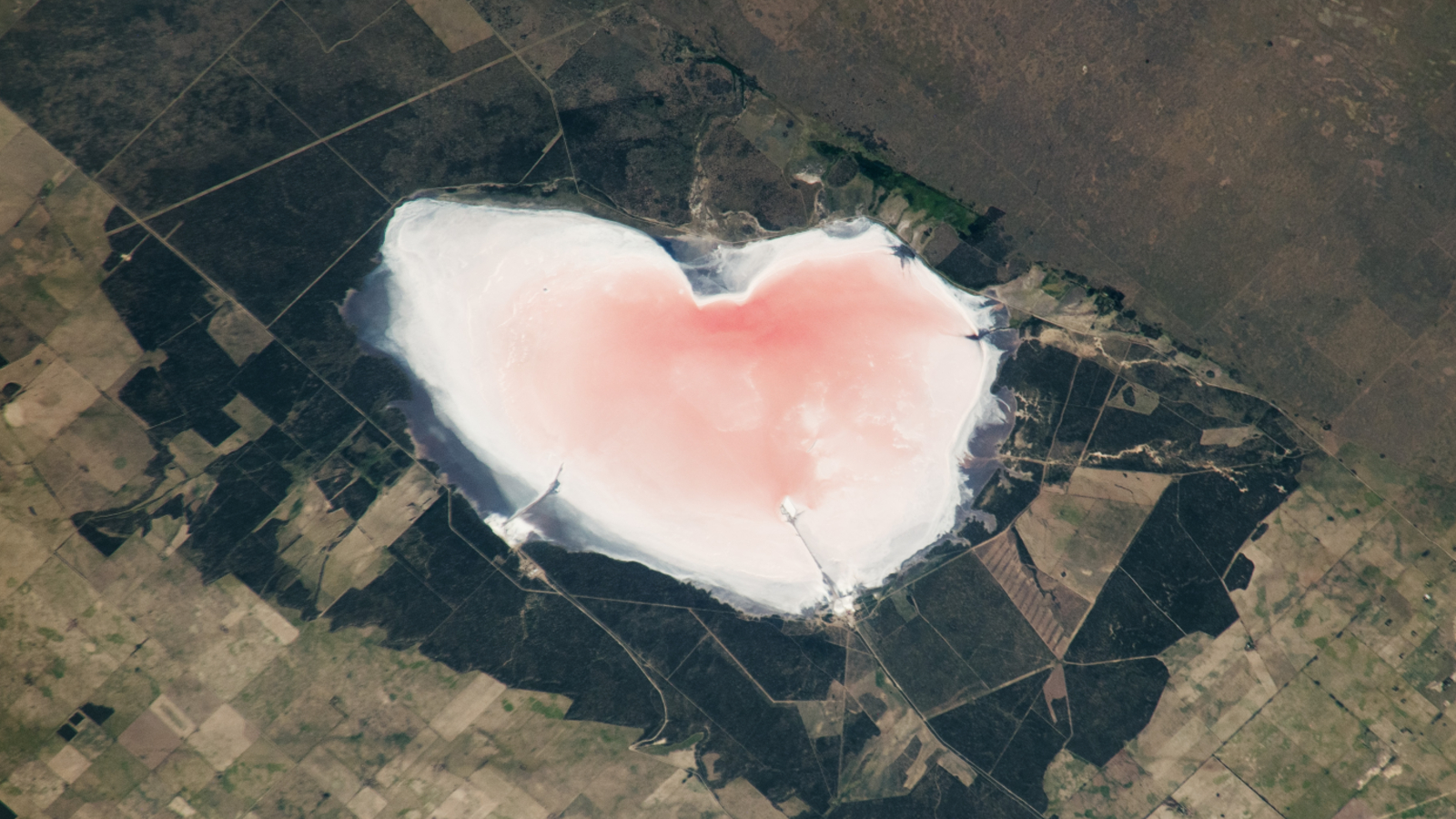Despite Court Ruling, There's No Certain Science Linking Coffee to Cancer

Get the world’s most fascinating discoveries delivered straight to your inbox.
You are now subscribed
Your newsletter sign-up was successful
Want to add more newsletters?

Delivered Daily
Daily Newsletter
Sign up for the latest discoveries, groundbreaking research and fascinating breakthroughs that impact you and the wider world direct to your inbox.

Once a week
Life's Little Mysteries
Feed your curiosity with an exclusive mystery every week, solved with science and delivered direct to your inbox before it's seen anywhere else.

Once a week
How It Works
Sign up to our free science & technology newsletter for your weekly fix of fascinating articles, quick quizzes, amazing images, and more

Delivered daily
Space.com Newsletter
Breaking space news, the latest updates on rocket launches, skywatching events and more!

Once a month
Watch This Space
Sign up to our monthly entertainment newsletter to keep up with all our coverage of the latest sci-fi and space movies, tv shows, games and books.

Once a week
Night Sky This Week
Discover this week's must-see night sky events, moon phases, and stunning astrophotos. Sign up for our skywatching newsletter and explore the universe with us!
Join the club
Get full access to premium articles, exclusive features and a growing list of member rewards.
Attention, coffee drinkers: A judge in California has ruled that coffee companies in the Golden State must label each cup of joe with a cancer warning label.
But what sparked this decision, and more importantly, does drinking coffee increase the risk of developing cancer?
In short, roasted coffee beans contain a known carcinogen, a chemical called acrylamide. But it's unclear whether acrylamide levels in coffee are high enough to pose a health risk to humans, Live Science previously reported. [10 Interesting Facts About Coffee]
Acrylamide occurs in overly cooked or roasted starchy foods, including coffee beans, french fries, potato chips, breakfast cereals and toast. It's also found in cigarette smoke. The carcinogenic chemical is concerning enough that last year, the United Kingdom's Food Standards Agency asked people to "Go for Gold" rather than a charred color when eating starchy foods that could be burned, Live Science reported.
This U.K. campaign was based on evidence showing that consuming acrylamide can cause mutations and damage in DNA, which can increase cancer risk, according to studies in rodents. However, these studies exposed the rodents to levels of acrylamide that were between 1,000 and 10,000 times higher than the levels people might be exposed to in foods, the American Cancer Society reported.
The results from these animal studies prompted the International Agency for Research on Cancer (IARC), a part of the World Health Organization, to label acrylamide as a "probable carcinogen" in 1994, Marji McCullough, strategic director of nutritional epidemiology at the American Cancer Society, told Live Science previously.
However, the IARC does not list coffee as a possible carcinogen.
Get the world’s most fascinating discoveries delivered straight to your inbox.
Even so, the jury is still out on whether the levels of acrylamide in coffee can increase cancer risk in humans. While an increased cancer risk is shown in some studies, others don't find any at all, according to the National Cancer Institute (NCI). These disparate results may occur because it's challenging to quantify how much acrylamide people consume. Moreover, rodents and humans absorb and metabolize acrylamide at different rates, the NCI reported.
According to the new ruling, made by Superior Court Judge Elihu Berle, coffee companies with 10 or more employees must now put warning labels on coffee, cautioning customers that drinking coffee could pose a cancer risk, according to The Washington Post.
The case was based, in part, on the California Safe Drinking Water and Toxic Enforcement Act of 1986, which the plaintiffs said also applies to coffee. During the trial, the defendants were unable to show that coffee doesn't cause one or more cases of cancer for every 100,000 people, prompting the judge to say the risk hadn't been properly evaluated, according to The Washington Post.
Meanwhile, countless other studies show that drinking coffee may actually be beneficial. For example, drinking coffee is linked to a decreased risk of liver cancer, endometrial cancer, colon cancer and one type of skin cancer, Live Science previously reported. Downing the beverage is also linked to living a longer life.
Original article on Live Science.

Laura is the managing editor at Live Science. She also runs the archaeology section and the Life's Little Mysteries series. Her work has appeared in The New York Times, Scholastic, Popular Science and Spectrum, a site on autism research. She has won multiple awards from the Society of Professional Journalists and the Washington Newspaper Publishers Association for her reporting at a weekly newspaper near Seattle. Laura holds a bachelor's degree in English literature and psychology from Washington University in St. Louis and a master's degree in science writing from NYU.
 Live Science Plus
Live Science Plus











